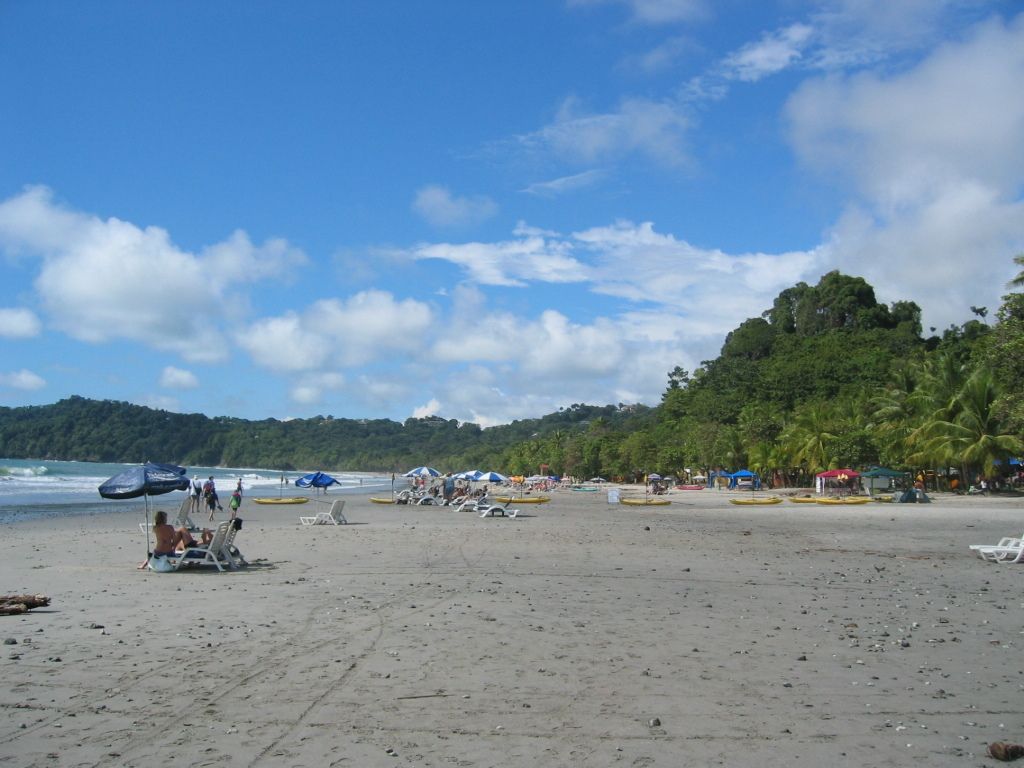Sustainable Pursuits Amid Challenges
Forcible state takeover of Environmental, Social, and Governance (ESG) investments and management.
The energy crisis of 2021-2022 and the greenwashing scandals have stirred up a controversy between energy security goals and the ESG (Environmental, Social, Governance) agenda, previously championed as a prosperous investment evaluation tool in the West. With some businessmen dismissing ESG as a mere "feed a penguin in Antarctica" formula, most large companies eventually embraced the essence of sustainable development.
The entrance of United Nations' principles of sustainable development, ESG practices, and climate agendas marks the modern continuation of the ideas of corporate social responsibility. Russian companies swifty adopted Western slogans and practices, bringing forth fresh, inventive approaches to "green" matters.
Up till 2022, foreign companies operating in the country served as catalysts for integrating Western and Russian ESG practices. However, in the recent two years, the circumstances for our companies in Western markets have altered. Domestic enterprises have faced restricted access to new technologies even when pursuing "green" projects. Paradoxically, Russia's Arctic zone, often deemed the "climate kitchen" for the entire planet, remains underestimated.
Vladimir Zhukov, Vice President for Investor Relations and Sustainable Development at MMC Norilsk Nickel, explains that corporate social responsibility reporting has evolved into sustainable development reporting, which is supplemented by a climate change report and a human rights compliance report. The E (ecology) agenda is implemented through the so-called 'sulfur program.' Production modernization allowed Norilsk Nickel to shut down an old enterprise in Norilsk in 2016 and decrease sulfur dioxide emissions.
Due to technological constraints, financial complexities, and production issues, the focus of Russia's climate agenda has shifted towards more urgent "green" priorities, such as battling landfills and air pollution. Today, significant emphasis in projects to reduce greenhouse gas emissions lies in increasing energy efficiency in industrial enterprises and residential sectors, as well as the growing significance of reforestation and wildfire prevention.
Attracting Talent Amid Adversity
Since 2020, Russia, like many countries globally, has reorganized its priorities. During the pandemic, social issues outranked business concerns for domestic businesses. Russian businesses constructed hospitals, supplied medical equipment, furnished emergency vehicles, and aided the most vulnerable, including pensioners and large families. The country's specific demographic situation has caused a scarcity of labor and record-low unemployment rates in the Russian Federation.
Modifications in the labor market have further ignited the social aspect of ESG agendas. Companies like Norilsk Nickel have competitively repositioned themselves in the labor market through their social-oriented policies. The high demand for skilled labor is prevalent in numerous industrial sectors. Companies operating in harsh climates have long grappled with population outflows from remote areas. The generational shift has catalyzed changes in expectations and requirements from employers. For the twenty-somethings entering the market, living and working conditions in the regions they reside are now paramount. "To attract people to us, we need to create comfortable conditions, with clean air, and so on. Sustainable development has become a part of our company's DNA," notes Vladimir Zhukov.
Despite openness and transparency remaining works in progress, Russellian companies conceal data on their management teams to prevent leaders from being targets of sanctions. "Over the past two years, promoting the sustainable development agenda has been difficult. Although each company has the right to determine its own strategy, the number of Russian economic leaders incorporated in the RSPS Index of Sustainable Development has decreased by only four," notes Elena Feoktistova, managing Director for Corporate Responsibility, Sustainable Development, and Social Entrepreneurship, Deputy Chair of the RSPS Council for Non-Financial Reporting, ESG Indices, and Sustainable Development Ratings.
"Before the special operation, our sustainable development goals were crucial to maintain stakeholders – international investors. After 2022, we witnessed a significant reassessment of the third pillar of ESG – internal company management elements.Our committees and boards of directors changed. Although these links between elements remain, the goal in this area remains relevant. The RSPS Index of Sustainable Development has proven to be a useful tool for Russian businesses over the past decade," explains Alexander Sharabayko, Deputy General Director for International Projects, Member of the Board of Directors at "FosAgro".
The strategy for sustainable development was adopted by "SIBUR Holding" in 2019 and has been revised twice due to rapid environmental changes. The chemical leader of Russia produces polymers that serve as raw materials for numerous modern economy sectors, including food packaging. In 2021, the holding set itself the goal of recycling, multiple use of food packaging, and overall fostering elements of a circular economy in Russia. According to Maxim Remchukov, Director of Sustainable Development at "SIBUR Holding", the sustainable development strategy has allowed for a review of the company's organizational structure.
Representatives of companies note the increased demands on suppliers from both international markets and domestic partners due to their poor ESG scores in recent years becoming a deal-breaker for many clients. Western market restrictions on green technology imports further alienate Russian firms in global supply chains. Russian companies are developing a "green" agenda, focusing on supporting social projects and accommodating new client and state obligations. The national ESG agenda is being advertised as a foundation for negotiations with BRIKS partners. The success of implementing these principles depends on the quality of life in the country and the severity of climate change impacts on the planet.
Enrichment Data:
Russian ESG landscape:
Russian companies face obstacles in implementing ESG agendas due to inconsistent disclosure practices, sanctions, and sanction-driven restrictions on green technology imports. The situation is further complicated by the disclosure of sensitive ESG-related data to avoid leaders being subjected to sanctions.
Innovative approaches:
Researchers aggregate non-financial reports from various sectors to benchmark ESG adoption, but reporting gaps still exist due to disclosure limitations. Russian companies may increasingly rely on domestic partners and alternative technologies to circumvent sanctions, but the ecological outcomes remain uncertain.
Impact on Western Markets:
Restrictions on green technology imports clash with ecological objectives, forcing trade-offs between compliance and innovation. Limited disclosures undermine partnerships, increasing perception of high risk, deterring Western partners already hesitant due to sanctions and legal unpredictability. The perception of declining international ESG emphasis and heightened regional scrutiny further marginalizes Russian companies.
- In the face of growing challenges, companies like MMC Norilsk Nickel, under Vladimir Zhukov's leadership, have evolved their corporate social responsibility reporting into sustainable development reporting, including a climate change report and a human rights compliance report.
- Despite the difficulties in promoting a sustainable development agenda due to sanctions and restricted access to new technologies, the number of Russian economic leaders associated with the RSPS Index of Sustainable Development has decreased by only four.
- Alexander Sharabayko, from "FosAgro", notes that while the focus on sustainable development goals has shifted due to external factors, the RSPS Index of Sustainable Development has proven to be a valuable tool for Russian businesses over the past decade.
- SIBUR Holding, a major player in the Russian chemical industry, has revised its sustainable development strategy twice due to rapid environmental changes, setting goals such as recycling and fostering a circular economy in Russia.
- Western market restrictions on green technology imports and poor ESG scores have led to increased demands from clients, forcing Russian companies to develop a "green" agenda, focusing on supporting social projects and accommodating new client and state obligations.








